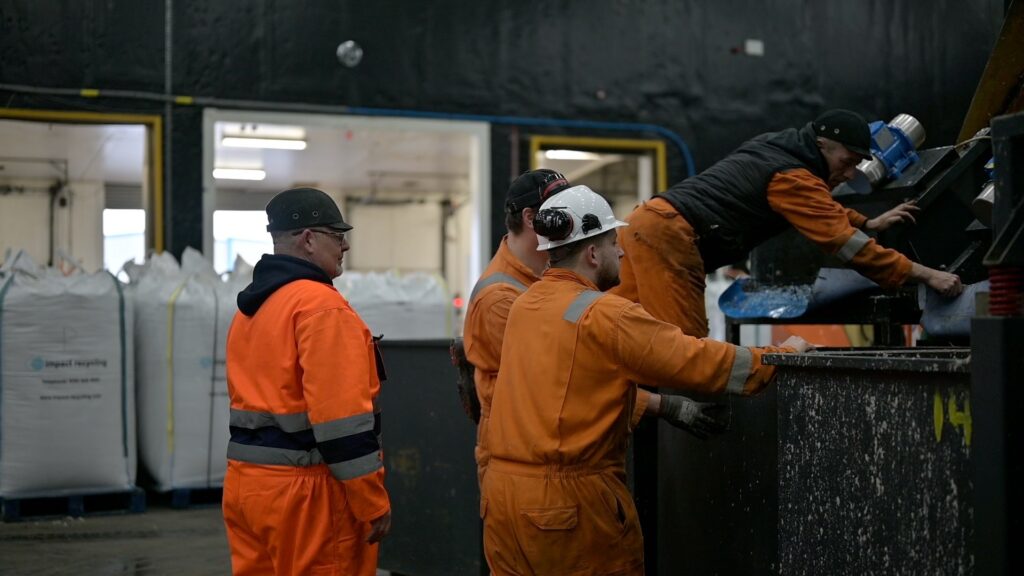Under the new rules shoppers will have to pay separately for bags, which must have a minimum thickness of 24 microns. The price per bag has been set the same for all retailers and the money raised will go to a non-profit company set up to promote efficiency in the use, re-use, collection, recycling and disposal of plastic bags.
The legislation was introduced to encourage the recycling and reuse of plastic bags, and follows on from a tri-partite agreement between business, the government and unions. As well as ensuring that the move would not result in job losses, the agreement also accommodated some technical concerns raised by manufacturers.
Since the new regulations took effect earlier this month the Department of Environmental Affairs and Tourism has been inundated with calls from the public questioning the legality of shops still handing out the old plastic bags.
Pleased
Valli Moosa, minister for environmental affairs and tourism, said: “I am pleased by the response of both retailers and consumers. The idea has caught on and is happening.”
Similarly, one of the country’s largest supermarket chains, Pick n’ Pay, said that there had been an unprecedented show of demand for the company’s new eco-friendly polypropylene bags. An initial order of 300,000 Pick 'n Pay Green Bags, thought to be sufficient for the week prior to the legislation, sold out in just over two days.
The South African government is hopeful that the new regulations will lead to lower food prices as retailers remove the “hidden cost” of plastic bags. It is already turning its attention to other waste streams: “We are now looking at other waste products, including used tyres, which are a huge environmental problem, and we will soon also take a closer look at glass bottles.”







Subscribe for free